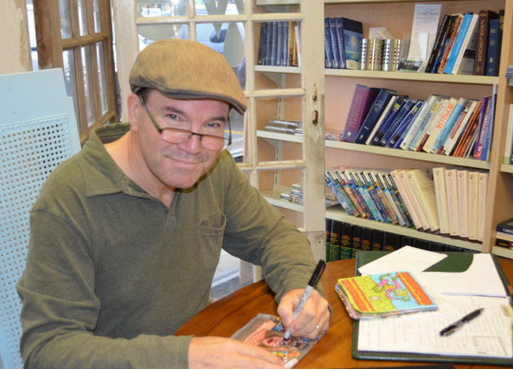>The Injuries We Inflict
>
We judge ourselves by our motivations, and usually we aren’t actually intending to injure someone. You hear that defense in courtroom dramas all the time. I just brought the gun to the bedroom while she was sleeping with her lover to scare her…yada yada yada. No intent is the excuse.
But to fully balance out injuries done to you and those you inflict you can’t just look at intent alone. You have to look at effect. What was the effect of your actions on the other person? Even if you did not intend harm, if harm was done you are still culpable, if for no other reason than you didn’t know that person very well.
For example, with my family members I know some can take a verbal barb in good humor and I know others can’t. I don’t throw barbs at the ones who can’t take it because I know, even though I wouldn’t be intending to hurt the person, the affect would be that they end up being hurt.
That is one of the most important reasons to really pay attention to a person you care about. Not just what they say, but how they react with their body language and further interactions. You are trying to learn not just who they are, but how they react to you. You are trying to avoid hurting them and you can’t do that consistently if you don’t know them well.
Drawing and commentary by Marty Coleman of The Napkin Dad Daily
Quote by Aesop, 620-564 BCE, Greek fable writer. Almost all biographical information on Aesop is mythical with many different locations and stories associated with him.
 |
| Aesop by Diego Velasquez, 1639 |


